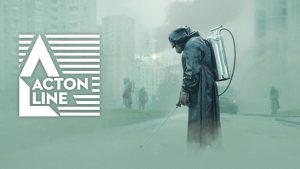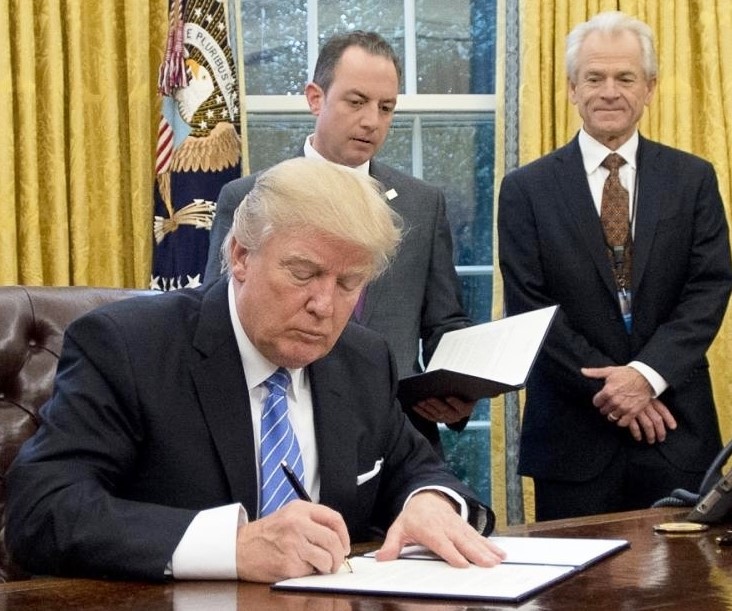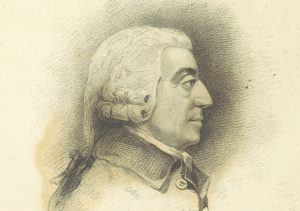


From Australia’s SBS Television: Greeks with Australian citizenship are returning here in the hope of finding jobs and a better life, away from the instability crippling Greece’s economy.
Which is why so many Greeks left home and family behind for the American Dream in the early 20th Century:
Greeks began to settle in America at the end of the 19th century and the influx of migrants continued up until the 1920s. Around 400,000 Greeks migrated to America at that time, primarily from the Peloponnese and the rest of southern Greece. Three quarters of the immigrants settled permanently in America, in large urban centers such as Chicago, New York and tens of smaller cities scattered across the country reaching as far as California. They engaged in various forms of employment such as street vendors and shop owners. Many were restaurateurs while others worked in more manual jobs such as cotton mills, coalmines, or on the railways.
Australia’s ranking on the 2013 Index of Economic Freedom: 3
Greece’s ranking on the 2013 Index of Economic Freedom: 117
The United States’ ranking on the 2013 Index of Economic Freedom: 10
There are at least six “self made” Greek-American billionaires on the Forbes 400 list.
[product sku=”1051″]









